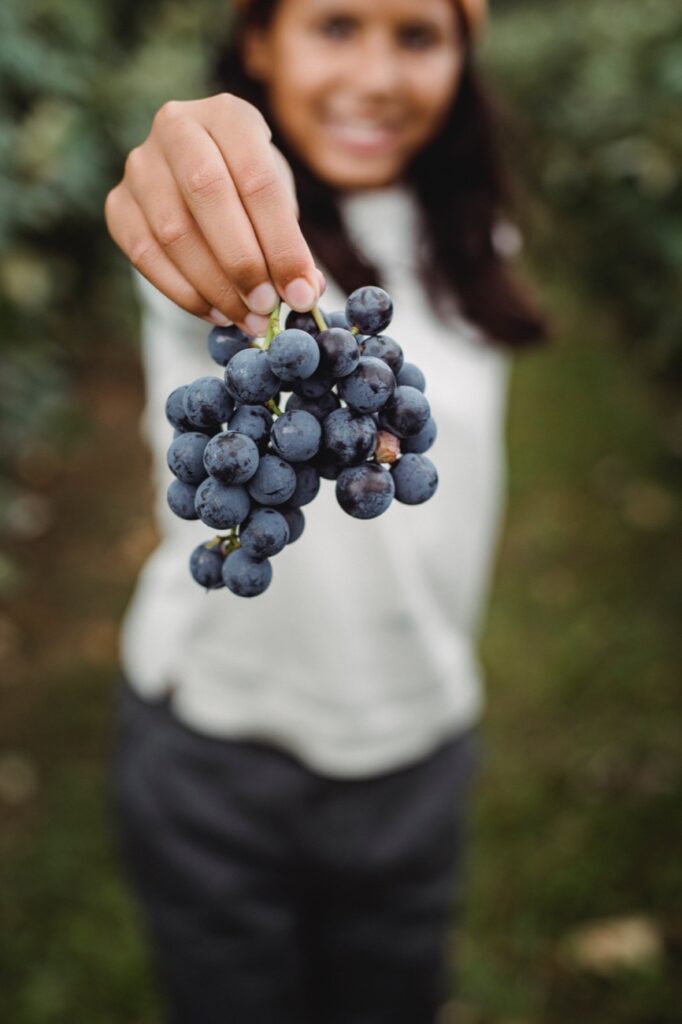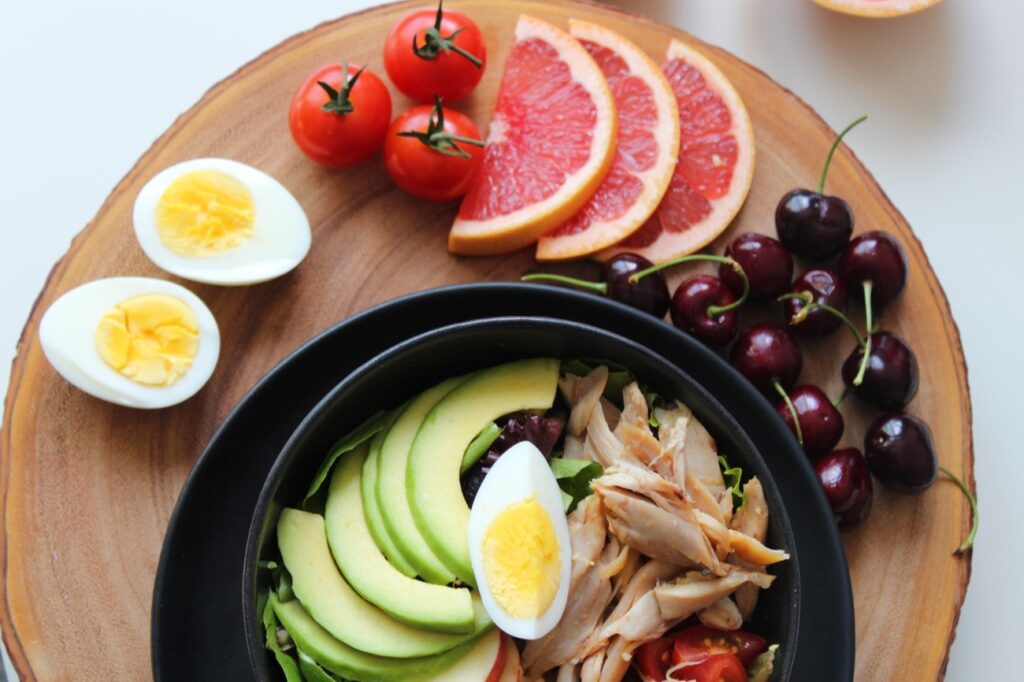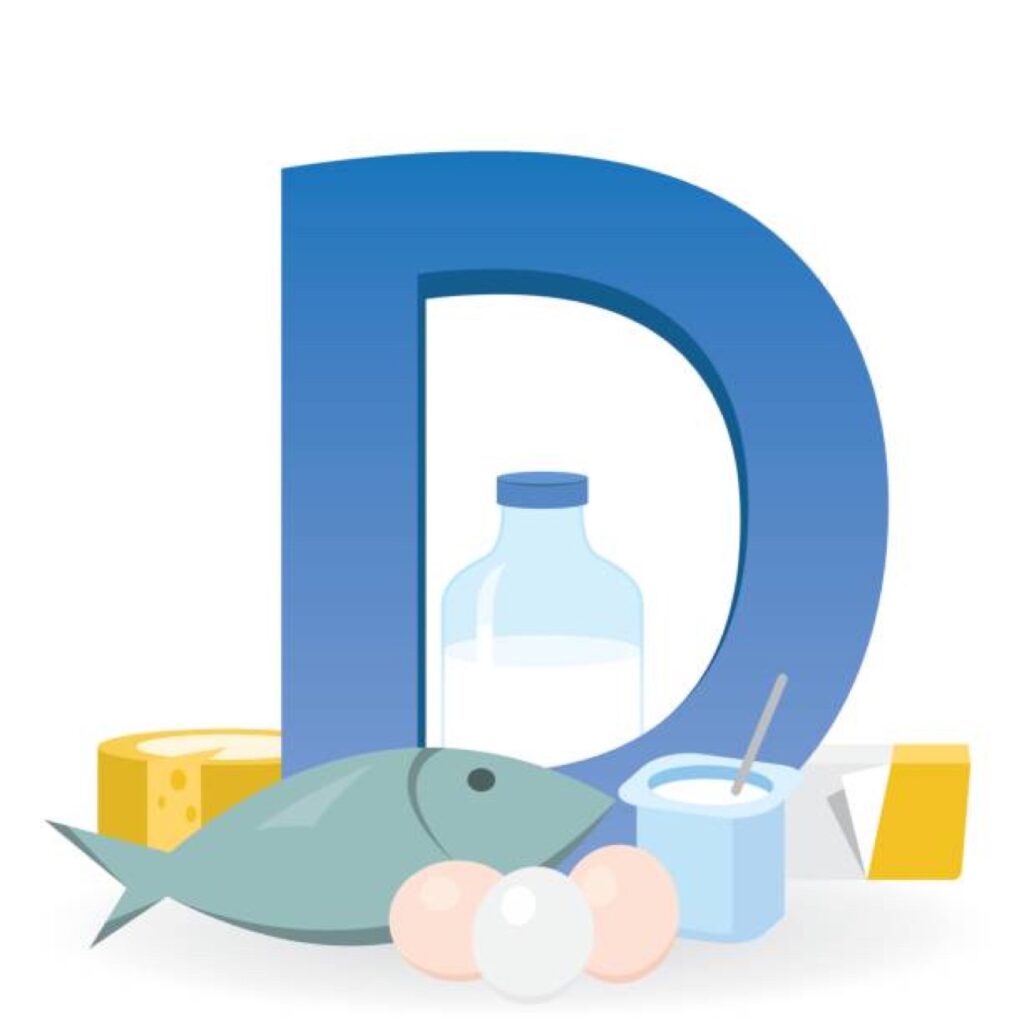GP Dr Farzana Khan talks about the importance of making good food choices which may help boost your mood and immunity
Staying at home during the Covid-19 pandemic is challenging for everyone, and the increased anxiety (and boredom) can cause people to abandon their healthy eating intentions and snack on whatever is around.
But with a little thought and planning, you can continue to make good food choices and maybe even boost your mood and immunity.
GP Dr Farzana Khan says: “Certain nutrients in foods have been shown to reduce anxiety or spur the release of neurotransmitters such as serotonin and dopamine.
“With people feeling the stress of the pandemic, the reality is that low mood or angst has become more prominent. Unfortunately stress also suppresses our immune systems.
“Therefore, it’s vital that we target immune-boosting foods such as fruits and foods rich in zinc to help you feel less anxious whilst at the same time boosting your immunity.”
As well as boosting your mood and activity, the right foods can also aid weight loss. We know many people gained weight during the first lockdown and perhaps some more time at home could be an opportunity to correct that – or at least not make it any worse.
Being overweight contributes to a host of conditions beyond Covid-19 such as Type 2 diabetes and heart disease. Losing weight and/or getting more active and stopping smoking can have immediate benefits, improve your mood and, over time, reduce your risk of developing serious diseases. The good news is there are lots tools and support, many of them free, to help you along the way.
Weight loss
Use the free NHS weight loss app on www.nhs.uk/better-health/lose-weight to help
• set weight loss goals
• use the BMI calculator to customise your plan
• plan your meals
• make healthier food choices
• get more active and burn more calories
• record your activity and progress
Visit www.nhs.uk for lots of great advice on everything from 150 delicious recipes on the ‘NHS Easy Meals’ , to helping with anxiety, quit smoking, and getting more active.
Dr Farzana’s Top Immunity Boosting Foods

- Citrus fruit and red bell peppers (both rich in vitamin C)
- Spices: ginger, garlic, turmeric, and capsaicin can be easily added to soups, stews, stir-frys, or salad dressings.
- Foods rich in zinc such as oysters, clams, mussels, cashews, liver, beef, and egg yolks.
- Magnesium-rich foods such as pulses, unsalted nuts, seeds, leafy greens, and whole grains.
- Fish like salmon, tuna and trout contain omega-3 fatty acids proven to help reduce anxiety.
- Eat probiotic-rich foods such as yoghurts, sauerkraut, miso, and kefir.
- Add some antioxidants such as grapes, blueberries, strawberries and red cabbage to your diet

Winter and Vitamin D

“Vitamin D, commonly known as the ‘sunshine vitamin’, is needed for healthy bones and muscles as it helps the absorption of calcium in our diet,” explains Dr Farzana.
“When outdoors during the spring and summer, most people make enough vitamin D from sunlight on the skin but in the UK between October and early March, we can’t make vitamin D from sunlight because the sun is too low in the sky.
“But in recent weeks, it’s likely that many of us have been indoors more than usual, and some of us have been shielding, so we might not have been making enough vitamin D from sunlight. So, it’s even more important this year to take a vitamin D supplement as we go into the winter months.”
Studies from the UK suggest that around 50 per cent of the adult population may be lacking Vitamin D, with an estimated that nine out of 10 South Asians mostly affected. Too little vitamin D can lead to bone problems such as rickets in children, and bone pain and muscle weakness in adults, which may also increase the risk of falls in older people.
“Vitamin D deficiency is more noticeable in the winter months when there is hardly any sun, which is essential for producing vitamin D in our bodies,” explains Dr Farzana Khan.
“A lack of exposure to sunshine, genetic traits and dietary habits are all factors which influence vitamin D levels and may also be attributed to skin pigmentation and traditional clothing. Vitamin D deficiency is common in people with darker skin, and women who wear hijab/niqab/veils, or wear attire that fully covers the body.
“Because it’s difficult to get enough vitamin D from food, it’s best to take a vitamin D supplement during the autumn and winter. There are a range of products and doses available at supermarkets, pharmacies and other retailers.”
The recommended dose of vitamin D is 10 micrograms per day. Taking more than this dose is not necessary, but if you are unable to find a vitamin D supplement providing 10 micrograms, products providing up to 25 micrograms are suitable for everyone.
More advice on vitamin D, including amounts for babies and young children, can be found on NHS.uk website.
Winter and Vitamin D
Vitamin D is made by our bodies absorbing the sun and can also found in a small number of foods
• oily fish – such as salmon, sardines, herring and mackerel
• red meat
• liver
• egg yolks
• fortified foods – such as some fat spreads and breakfast cereals
Women and children who qualify for the Healthy Start scheme can get free supplements containing the recommended amounts of vitamin D. See the Healthy Start website for more information. Visit www.healthystart.nhs.uk for more information.















